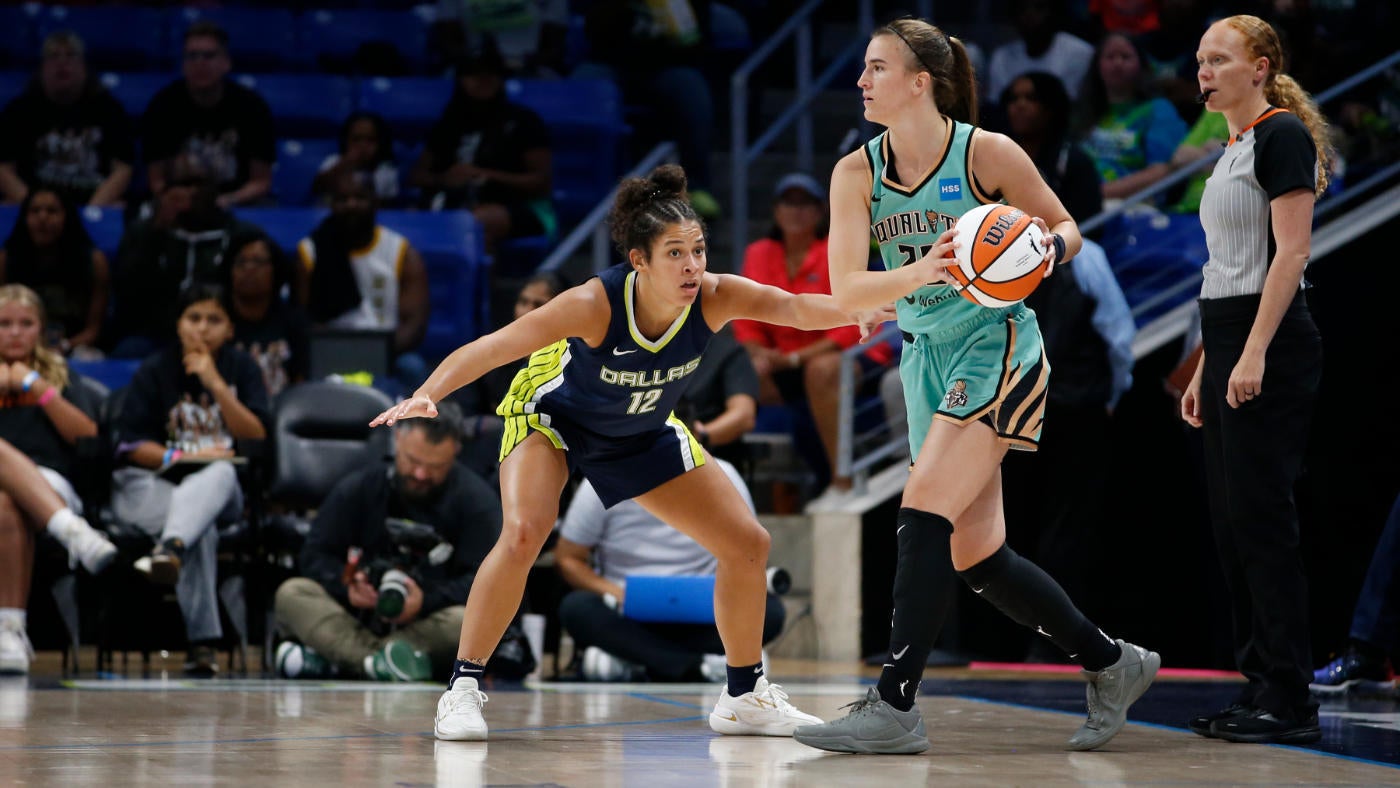Virginians are getting tax rebates of up to $250 per person. Here’s how it works
Written by ABC Audio ALL RIGHTS RESERVED on August 11, 2022
If you owed income taxes to the state of Virginia for 2021, some of that money might be coming back this fall.
As part of a bipartisan tax rebate plan approved this year, the state government is preparing to send out payments of up to $250 per tax filer (or up to $500 for couples who file jointly).
The payments won’t be quite as big as what Gov. Glenn Youngkin suggested in the tax-cutting plan he campaigned on last year, but the governor has touted the roughly $1 billion rebate initiative as “the largest tax rebate in the history of Virginia.”
The rebate plan didn’t get as much attention as more politically contentious tax proposals, like suspending the gas tax, partly because it had broad support and little drama. Before handing power over to Youngkin, former Gov. Ralph Northam included a plan for one-time rebates, funded with surplus revenues, in his final budget proposal.
From there, lawmakers mostly just had to work out how big the checks would be based on what the state could afford. Once that was done, the rebate plan was overwhelmingly approved as part of the state budget passed in June.
Here’s how the payments will work:
Who’s eligible?
To be eligible for the payments, you had to file a state tax return for 2021 showing you still owed the state money after factoring in all deductions and credits. If you had a state liability of less than $250, your rebate will be smaller, covering only the actual liability owed. In other words, if you owed $100, your payment will be $100.
Groups that don’t owe much in state income taxes — such as low-income people whose tax burdens are already minimized through a variety of other credits and elderly or disabled filers who live off Social Security, which Virginia doesn’t count as taxable income — are unlikely to qualify for the rebate money.
It’s unclear exactly how many taxpayers can expect to receive rebate payments.
The Virginia Department of Taxation, which has set up a website and video explaining some details on how the payments will be distributed, has not released estimates of how many filers it expects to qualify based on 2021 filing data. In response to inquiries from the Mercury, an agency spokesperson said additional details could be provided later.
In a similar rebate initiative in 2019, the state sent out roughly 2.5 million checks of up to $110 per filer.
Chris Wodicka, a tax policy analyst with the left-leaning Commonwealth Institute for Fiscal Analysis, said more filers could get payments this year, since the 2019 eligibility deadline was July 1 and this year’s deadline is Nov 1. Based on past years, Wodicka said, a few hundred thousand extra returns could be filed in those additional months.
“If we assume something like that holds for 2022, then maybe about 2.8 million to 2.9 million rebates will be issued this year (with over 1 million tax filers not getting one),” Wodicka said in an email.
Vivian J. Paige, a Norfolk accountant who chairs the tax committee of the Virginia Society of Certified Public Accountants, said it’s difficult to project how many Virginians might benefit because eligibility will depend on each filer’s unique circumstances and statistical trends in 2021 tax returns aren’t fully known yet.
“We would have been further along had this been done in the regular session,” Paige said, referring to the summertime passage of the budget, a process that usually wraps up in March and April.
When’s the money being sent?
For Virginians who filed their taxes by July 1, rebate payments will start going out Oct. 17.
The state tax department says most eligible filers should get the rebate by Oct. 31, but late filers should expect their rebates to come later.
How will people get it?
If you got your tax refund in the mail, you should expect to get your rebate via a paper check as well. If your refund was direct deposited into your bank account, you’ll see a digital payment show up there with the description “VATXREBATE,” according to the state.
For people who have outstanding debts, there’s a catch.
For anyone who owes money to a state or local agency, such as unpaid child support, the money will go to pay off those debts first. If those debts exceed the amount of the rebate, the state says it will send filers a letter explaining how their rebate was used and why they didn’t get it.
What about those who don’t qualify?
Lower-income Virginians should get a new break on taxes next year due to the new policy making the earned-income tax credit for working families mostly refundable, meaning bigger refunds for many filers with little to no tax liability.
“It will likely equate to a few hundred dollars in additional refunds per qualifying family,” Wodicka said.
Democrats pushed for the EITC change as part of a bipartisan budget deal with Republicans.
GET THE MORNING HEADLINES DELIVERED TO YOUR INBOX







